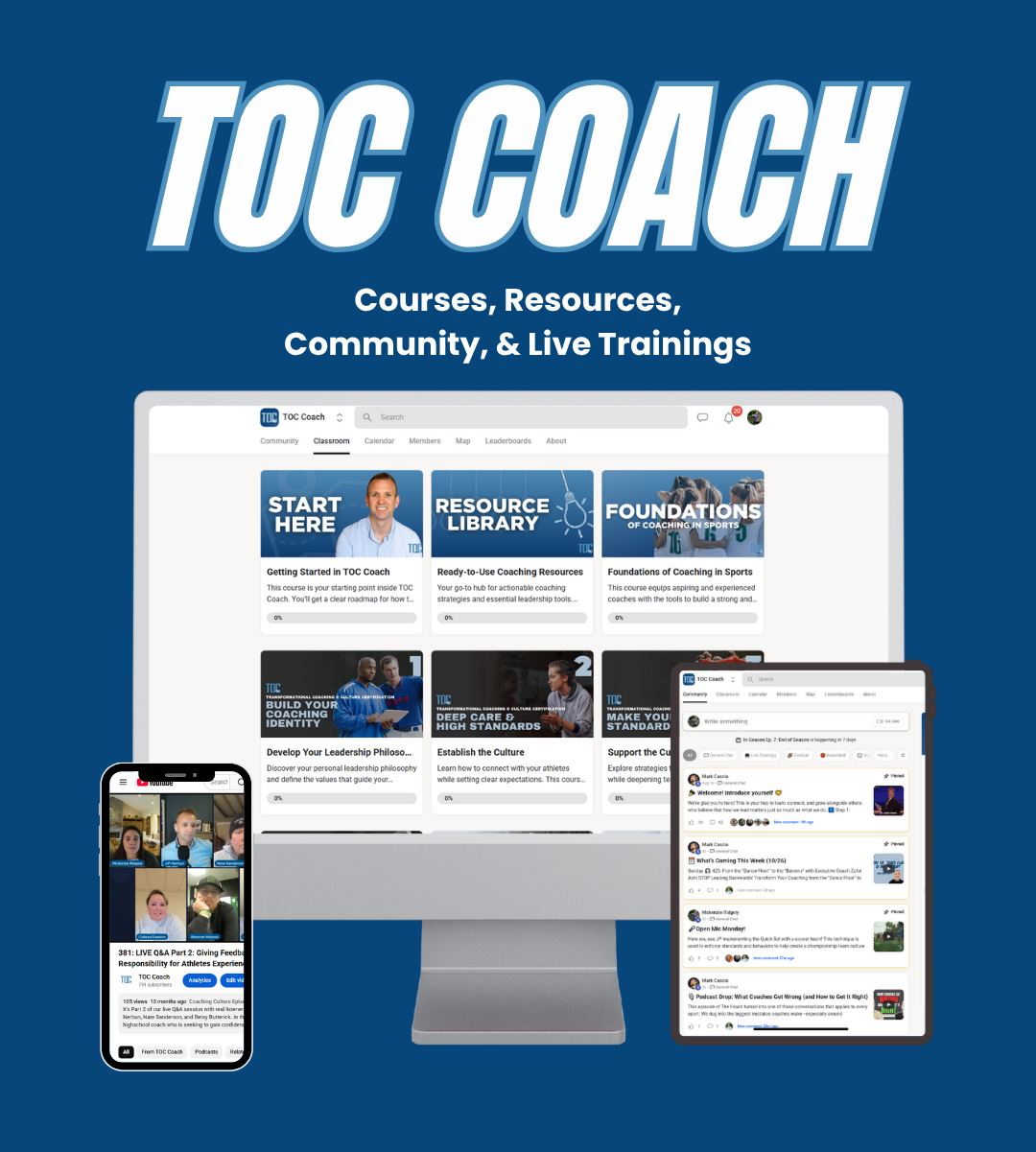A Coach, a Mentor, and a Consultant Walk into a Bar…
...and the bartender, slumped over the counter, sighs and says, "Folks, I've got a problem. I can't find anybody who wants to work anymore."
The mentor leans in: "That's a commitment issue. When I was running my own bar, I saw that all the time. I learned I had to focus on hiring people who showed me why they wanted the job, not just what they could do. Try restructuring your interviews to gauge passion."
The consultant pulls out a notebook: "That's a systemic failure, not a talent problem. I can install a simple, proven performance management system for you—a three-step accountability matrix with clear rewards and penalties that standardizes expectations and eliminates ambiguity."
The coach puts his elbow on the bar and asks: "If you had the perfect staff tomorrow, what deeply held belief about management would you have to let go of?"
—
Okay, so this joke isn’t funny. But the exchange gets to the heart of the confusion I've seen over the last decade. I constantly hear leaders, particularly sports coaches, claim they don’t need a coach because they already have plenty of mentors. I also see people out there who claim to be executive coaches but are merely functioning as mentors or consultants.
For many, the terms "coaching," "mentoring," and "consulting" are completely interchangeable, but understanding the key differences is vital for delivering the right support at the right time. I misunderstood "coaching" for years myself; it wasn’t until 2022 when I earned my executive coaching certification from Georgetown University that I realized how mistaken I was.
Still, I've found the most impact in my work by integrating all three roles, depending on the individual’s needs.
The best way to understand what this means is to see how each role approaches a specific challenge.
Example 1: Time Management and Prioritization
When an individual struggles to prioritize tasks and manage their schedule, the three roles offer different value:
As a mentor, I share what I've done or what others I've worked with have done to be more effective—like learning to say no to certain things and redefining what a successful day looked like for me.
As a consultant, I provide specific, proven solutions like a block scheduling system and the steps needed to implement it into their routine.
As a coach, I am not the expert. I ask questions to help them find their own answers: "What assumptions are you making about your time that are getting in the way of your prioritizing? Let's explore that." The coachee might become aware they have a fear around saying no or procrastinate on tasks they aren’t confident in. We then partner together to address those obstacles.
Example 2: Delegation
When a leader struggles to delegate responsibility to their team:
As a mentor, I share my personal realization: "I used to be horrible at delegation. I had to realize I needed to stop micromanaging, let people fail, or accept they might do it differently than me, and so I started to give others more responsibility."
As a consultant, I provide specific tools, such as a meeting template for their team to identify big tasks and deadlines, assign individual owners, and schedule follow-up support.
As a coach, I ask powerful questions and share observations. The coachee might realize their true obstacle to delegation is the belief that they can't afford a drop in standard as others learn. They might recognize their lack of trust in the process is costing them far more than any short-term drop in standard.
All three forms of support are valuable, but in my experience, coaching is the most transformational and beneficial in the long term. It works because it empowers the person and honors their own unique experience. It gets to the root of what is truly getting in the way, which often lies beneath the surface-level problem. This depth leads to powerful insights and amazing, impactful relationships.
Transformational leaders need to learn to integrate coaching into their leadership—we far too often act as a mentor, consultant, or manager. If we want to develop people, a coaching approach is the most transformational.
Not only do we need to adopt a coaching approach within our leadership, we need a coach just as much, if not more, than they need a mentor or a consultant. Hopefully, with the growing evidence of the effectiveness of coaching, more organizations will choose to start supporting their leaders' growth and development in this way.
If you want to learn how to integrate a coaching approach into your leadership, consider attending one of my leadership retreats. If you want to explore coaching for yourself, you can reach out via email ([email protected]) or apply here. If you join TOC Coach for the year, you get a free coaching call from a TOC Executive Coach. All TOC Executive Coaches are ICF Certified.



